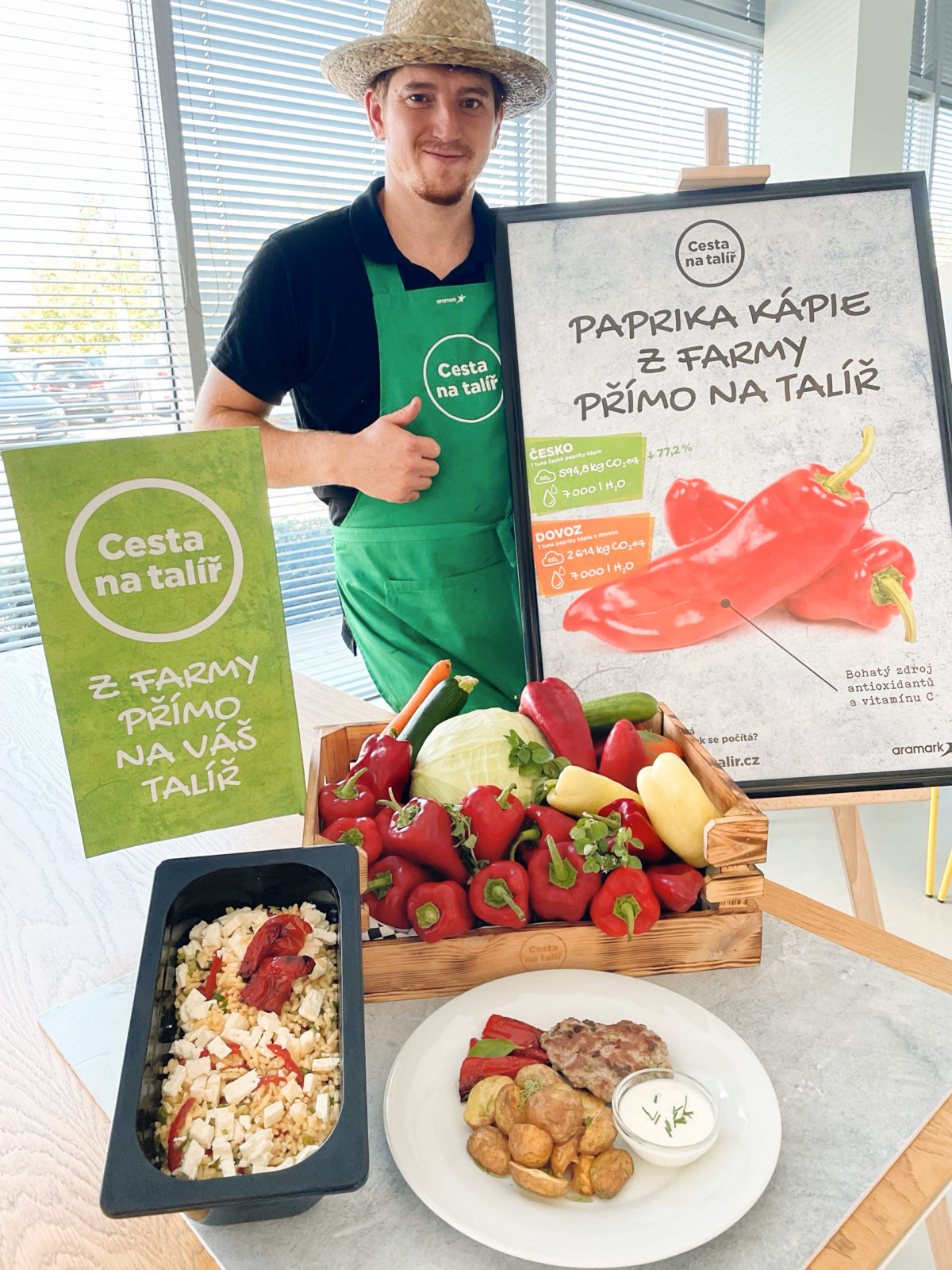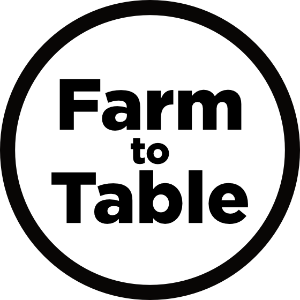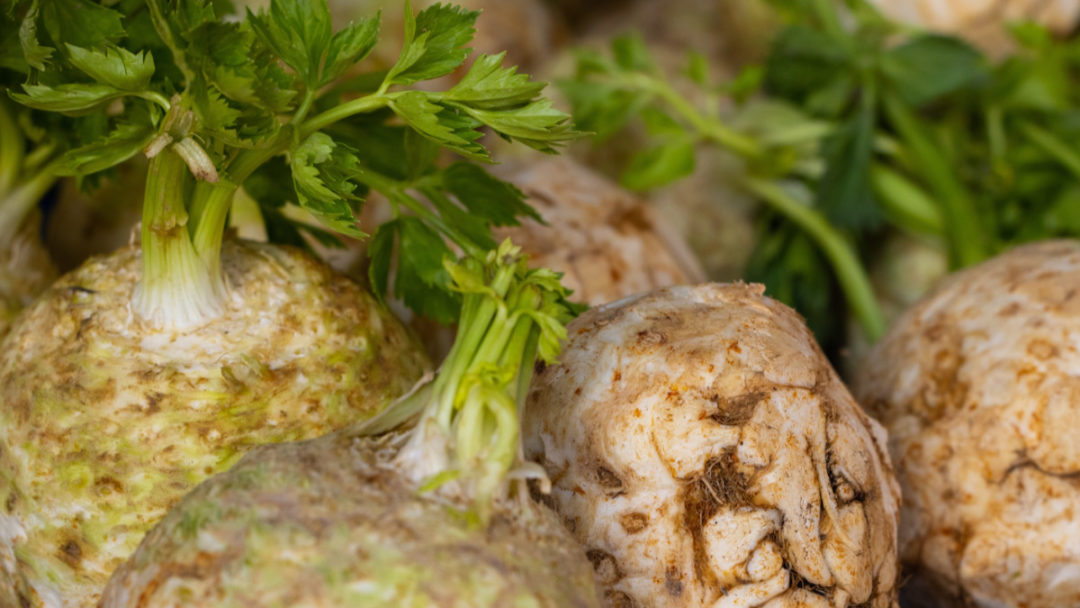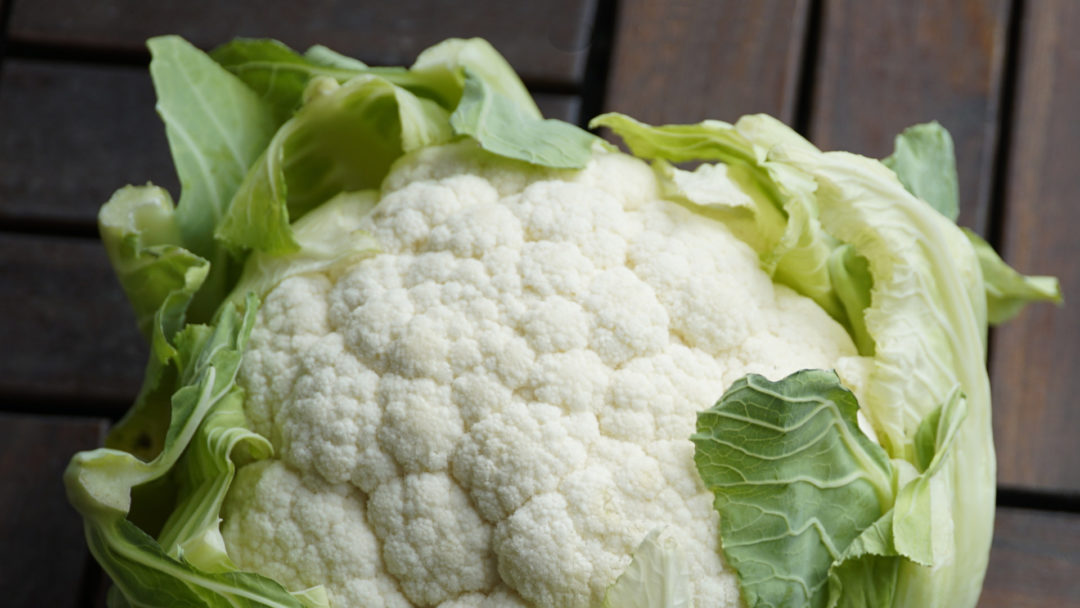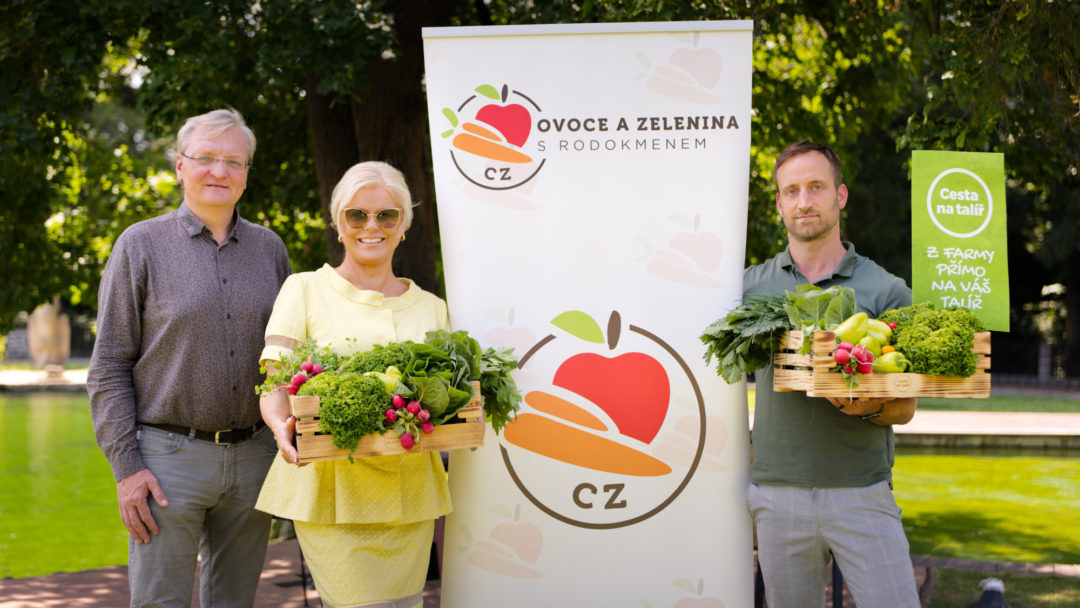What are Highly Processed Foods
These are products that have undergone many technological processes and contain a number of additives such as preservatives, colorings, flavorings, emulsifiers, melting salts, sugar, and low-quality fats. These include sweets, salty snacks, instant soups, ready-made sauces, low-quality sausages full of substitutes, most baked goods, frozen ready meals, and sweet sodas.
Negative Impact on the Microbiome
Our microbiome, the bacteria inhabiting our intestines, plays a crucial role in immunity, digestion, vitamin and hormone production, and even our mood. Industrially processed foods damage our microbiome – they contain little fiber that feeds beneficial bacteria, but also a lot of additives, sugar, and low-quality fats. A disrupted microbiome balance then leads to inflammation, obesity, type 2 diabetes, depression, and other lifestyle diseases.
How Processed Foods Affect Our Health
In addition to the negative impact on the gut microbiome, these foods also have direct effects on our health. They are very energy-dense but nutritionally poor – they provide many calories, sugar, and unhealthy fats, but minimal vitamins, minerals, and fiber. Their regular consumption thus leads to obesity, diabetes, cardiovascular diseases. Additives and low-quality ingredients also burden the liver, kidneys, and increase the risk of certain cancers.

Harmful Products to Avoid
Unfortunately, industrially processed foods make up a significant part of many people’s diets. Typical examples are sweet sodas and juices, cookies, sweets, fast food, chips, frozen semi-finished products, instant soups and meals, low-quality sausages filled with substitutes instead of real meat, industrially produced baked goods, and other packaged foods with long shelf life and a long list of additives in the ingredients. Be cautious of seemingly “healthy” products like muesli bars, fruit yogurts, light products – they often contain a lot of sugar and additives as well.
Why Eat Fresh and Where to Find It
On the contrary, fresh, unprocessed, or minimally technologically processed foods are beneficial for our health. Vegetables, fruits, grains, legumes, nuts, seeds, dairy products, meat, and fish. Buy as many local, seasonal ingredients as possible and cook with them. Prefer smaller shops and farmers’ markets. Or grow something yourself. In restaurants, demand quality, fresh ingredients and gentle preparation methods, as we do in Aramark restaurants.
